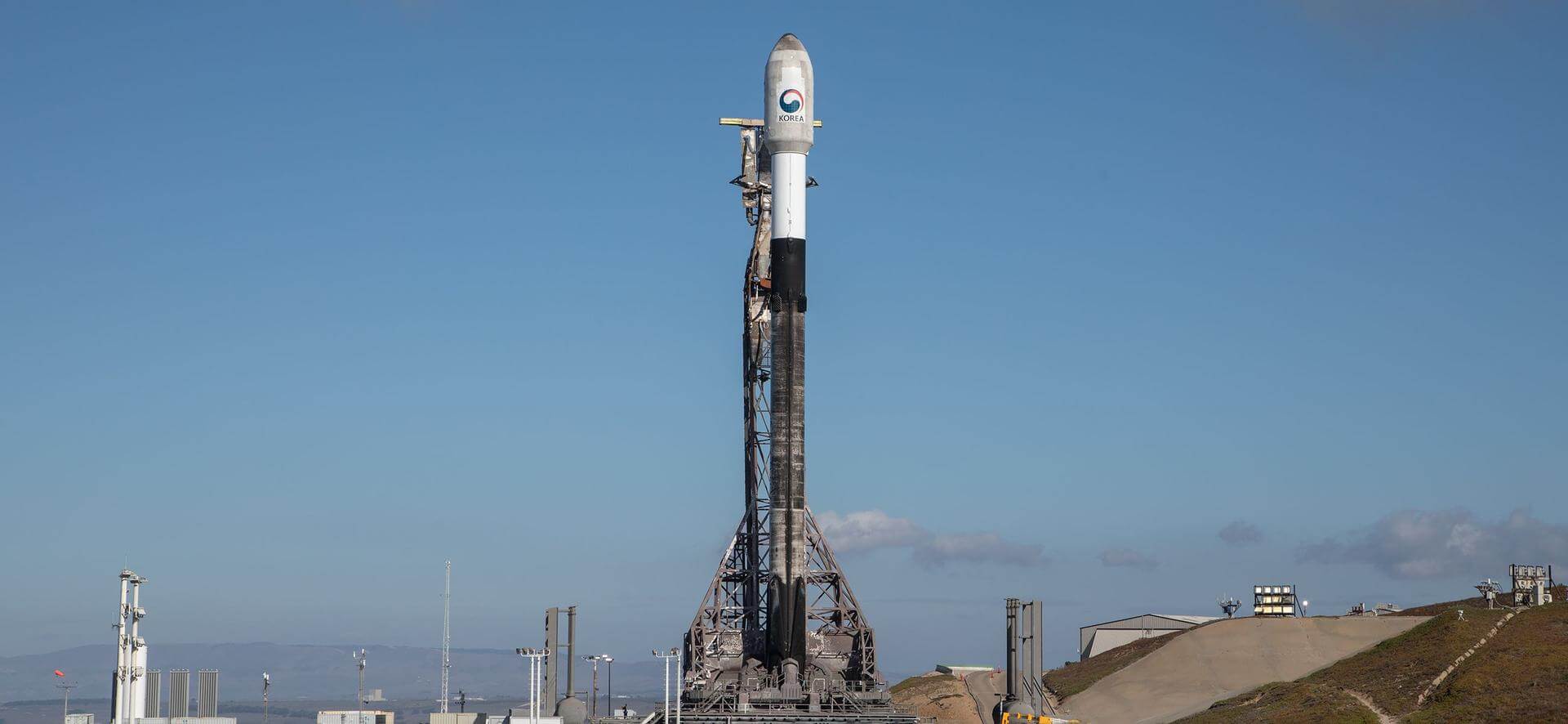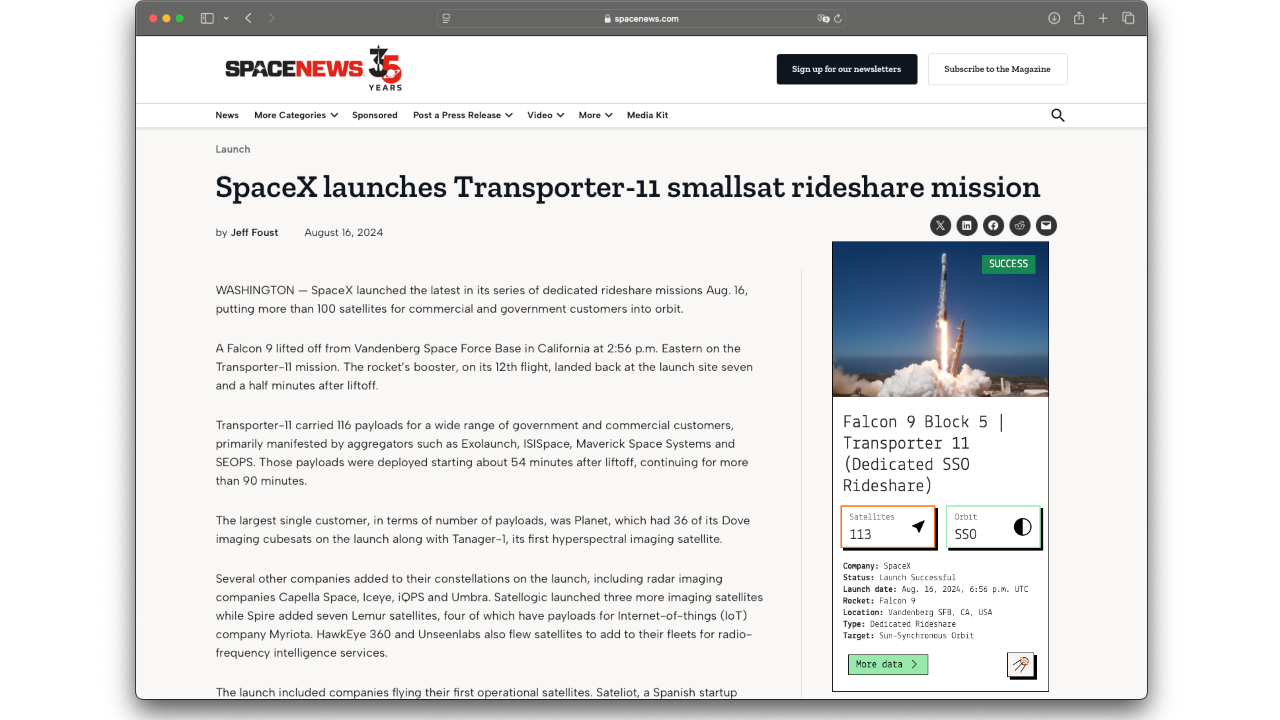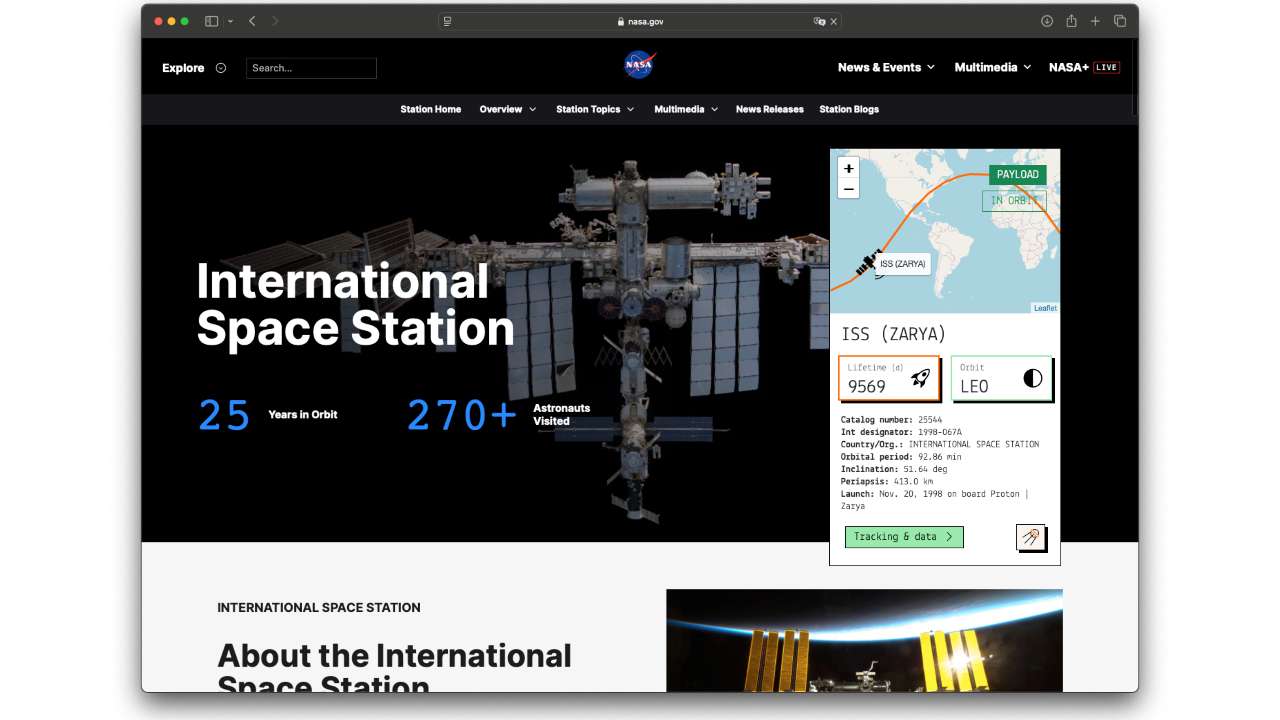Key statistics
Satellite KORSAT 7 at a glance.
Uptime
748
Days in orbit
Revolutions
≈ 15.0
Per day
Orbit
SSO
Sun Synchronous Orbit
Inclination
97.6
Latest
Satellite identification and parameters
Extended collection of information and parameters for KORSAT 7.
Object identification
Identified? True
Debris? False
Object name: KORSAT 7
International designator: 2023-185B
Object number (NORAD): 58463
Object ID (CCSDS): 58463
Country: SOUTH KOREA (SKOR)
Current information (Y/N): Y
RCS size: LARGE
Orbital parameters
Period: 95.941 minutes
Inclination: 97.6318 deg
SMA: 6942.181 km
Apoapsis: 579.29 km
Periapsis: 548.801 km
RAAN: 54.6012 deg
Eccentricy: 0.00219596
Argument of periapsis: 222.3358 deg
Mean anomaly: 137.6172 deg
Mean motion: 15.00924702 rev/day
Mean motion (dot): 0.00002001 rev/day2
B* drag term: 0.00016108142 1/REarth
Two-line elements (TLE)
Creation date: Dec. 18, 2025, 2:19 a.m.
Reference frame: TEME
Reference center: EARTH
Epoch: Dec. 17, 2025, 11:36 p.m. UTC
TLE line 0: 0 KORSAT 7
TLE line 1: 1 58463U 23185B 25351.98345093 .00002001 00000-0 16108-3 0 9994
TLE line 2: 2 58463 97.6318 54.6012 0021960 222.3358 137.6172 15.00924702112105
Live tracking on map
Real-time ground track for satellite KORSAT 7.
In-orbit conjunctions
There are no conjunctions computed for KORSAT 7, at the moment. Check back to stay up to date, as we update our databases every day.
Go to all conjunctionsAssociated space launch
Note: Name of payload is provisional. First launch of an ultimately 5 reconnaissance satellites for the South Korean Defense Acquisition Program Administration (DAPA), with 1 satellite featuring an electro-optical infrared (EO/IR) telescope. The other 4 synthetic aperture radar (SAR) satellites are to be launched at a later date. They will be launched to low Earth orbit between 600 and 700 km by 2025, enabling South Korea’s military to observe the nuclear-armed neighbor’s key military facilities every two hours with 30-50 centimeters resolution imagery, according to a 2019 report produced by the Korea Institute of S&T Evaluation and Planning. The project is lead by the Korean Agency for Defense Development (ADD) and Korea Aerospace Research Institute (KARI), with input from Korea Aerospace Industries (KAI), Hanwha Systems and Thales Alenia Space. ESA's EIRSAT-1 is also onboard as a rideshare passenger. This 2U cubesat carries three experiments, including a novel gamma ray detector to study some of the most luminous explosions in the universe.
KORSAT 7 was lifted into orbit during the mission ‘Falcon 9 Block 5 | 425 Project Flight 1 & rideshare’, on board a Falcon 9 space rocket.
The launch took place on Dec. 1, 2023, 6:19 p.m. from Space Launch Complex 4E.
For more information about the launch, click the button.

Falcon 9 Block 5 | 425 Project Flight 1 & rideshare
Agency: N/A
Status: Launch Successful
Launch date: Dec. 1, 2023, 6:19 p.m. UTC
Rocket: Falcon 9
Launch pad: Space Launch Complex 4E
Location: Vandenberg SFB, CA, USA
...
Latest news about this satellite

Launch Roundup: Soyuz resupplies the ISS; SpaceX launches more Starlink satellites
This week, SpaceX continued its incredible launch cadence with two more launches of Falcon 9, a Soyuz 2.1a resupplied the International Space Station (ISS), and three missions launched consecutively out of China.
Newsletter sign-up
Weekly statistics, charts and insights to help you stay on top of the space industry.




